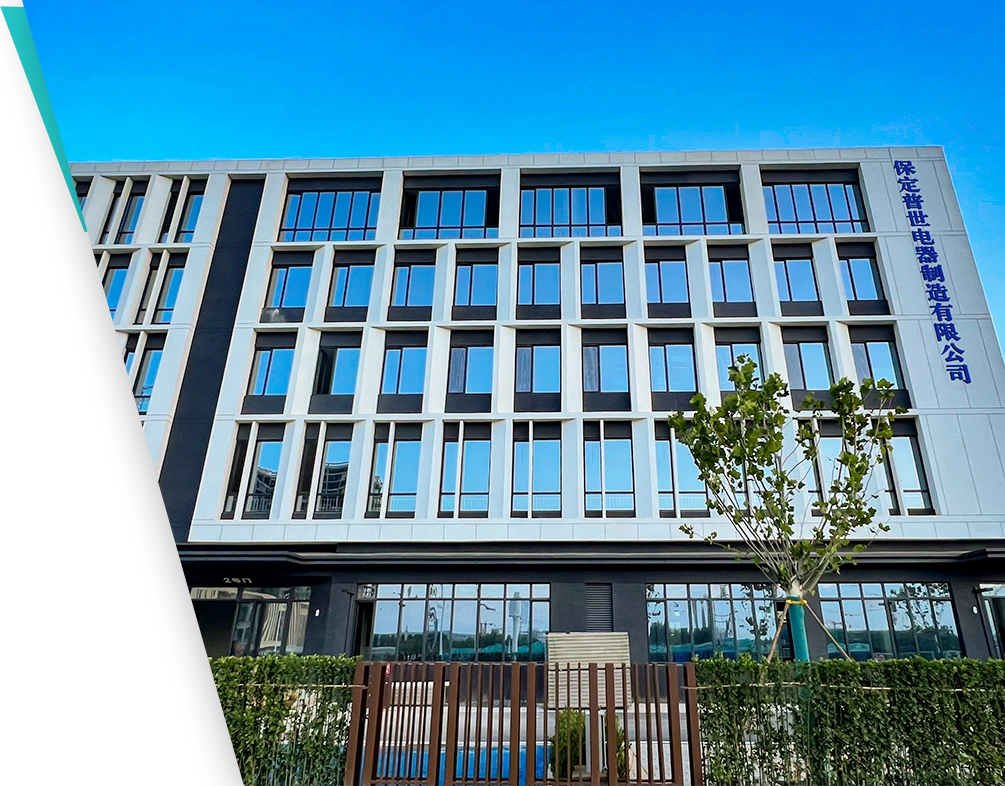 English
English


gas chromatography mass spectrometry
Gas Chromatography-Mass Spectrometry (GC-MS) is a powerful analytical technique that combines the features of gas chromatography and mass spectrometry to identify and quantify chemical compounds in a mixture. This method has garnered widespread application across various fields such as environmental analysis, pharmaceuticals, forensics, and food safety due to its high sensitivity and specificity.
Gas Chromatography-Mass Spectrometry (GC-MS) is a powerful analytical technique that combines the features of gas chromatography and mass spectrometry to identify and quantify chemical compounds in a mixture
. This method has garnered widespread application across various fields such as environmental analysis, pharmaceuticals, forensics, and food safety due to its high sensitivity and specificity.The mass spectrometry component of GC-MS involves ionizing the separated compounds and measuring their mass-to-charge ratios. The ions produced are detected and recorded, generating a mass spectrum that provides detailed information about the molecular weight and structure of the compounds. This information is crucial for identifying unknown substances and quantifying known analytes.
gas chromatography mass spectrometry

One of the key advantages of GC-MS is its ability to analyze complex mixtures with high precision. It can detect trace levels of compounds, making it an invaluable tool for identifying pollutants in environmental samples or contaminants in food products. The technique’s versatility extends to volatile and semi-volatile compounds, which can be challenging to analyze using other methods.
Moreover, advancements in GC-MS technology, including the development of more sensitive detectors and improvements in computational methods for data analysis, have significantly enhanced its capabilities. The integration of GC-MS with databases containing mass spectral information allows for rapid identification of substances, facilitating quicker decision-making in regulatory and safety contexts.
In conclusion, GC-MS is an essential tool in modern analytical chemistry that provides robust and reliable data for a myriad of applications. Its combination of separation and identification makes it highly effective in both research and industrial settings. As technology continues to advance, the applications and efficiency of GC-MS are expected to expand, further solidifying its role in scientific investigation and quality assurance across multiple industries.
-
Differences between open cup flash point tester and closed cup flash point testerNewsOct.31,2024
-
The Reliable Load Tap ChangerNewsOct.23,2024
-
The Essential Guide to Hipot TestersNewsOct.23,2024
-
The Digital Insulation TesterNewsOct.23,2024
-
The Best Earth Loop Impedance Tester for SaleNewsOct.23,2024
-
Tan Delta Tester--The Essential Tool for Electrical Insulation TestingNewsOct.23,2024





